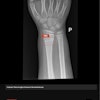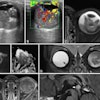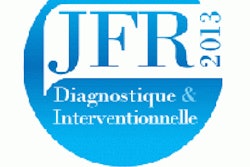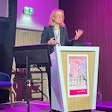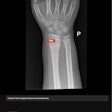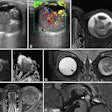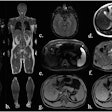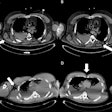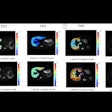
In a sharply worded manifesto aimed at addressing the French government's alleged lack of responsiveness to radiology's growing list of concerns, advocacy organization G4 said the government can no longer avoid considering the broader needs of imaging and integrating them into modern medical care.
The government must drop its single-minded focus on reducing provider fees and cutting budgets -- an approach that has left the radiology community underquipped, stigmatized, and demoralized, according to G4.
Progress is being made in improving patient care, but it has been accomplished largely without the participation of the Ministry of Health, the organization said. G4 noted that for 10 years, the Ministry of Health has ignored the group's recommendations toward the adoption of structural reforms that would serve to maximize patient care and reduce costs in favor of its singular focus on "indiscriminately" reducing rates for imaging procedures. Instead, its 10 recommendations for imaging and Common Professional project (available here) would advance patient care and boost provider morale, while serving the need to minimize costs, G4 said.
"Rates must account for the evolution of imaging innovations that have been found to be important for patient care" even if they are complex and potentially costly, G4 stated. Importantly, procedure costs must be balanced against the better patient outcomes and savings in other areas of healthcare that they generate. "The government should not devalue the imaging procedures best suited to patient care," such as interventional radiology procedures that improve patient care, G4 said.
Another important step toward greater efficiency is the recent publication of the second edition of "Guide du bon usage des examens d'imagerie" by the French Society of Radiology (SFR), after considerable work with providers and G4. This publication advances the common goals of improving the quality of imaging tests that are ordered, while eliminating those that are of limited value, G4 said.
A major priority for G4 has been structural reform of radiology practice and the creation of imaging centers authorized under a 2011 change to the public health code that will enable radiologists to provide optimal care in regions that currently lack adequate imaging services. So far, however, the Ministry of Health's lack of attention to this initiative and other reforms has left in its wake a troubling 40% vacancy rate among radiology professionals in hospitals, and one of the lowest levels of CT and MRI scanners in Europe, G4 said.
G4 said it is ready to increase the use of teleradiology in underserved regions, provided it improves the quality of patient care and maintains the relationships between radiologists, clinicians, and patients, and is not merely employed in the service of cost-cutting by private interests.
"We can no longer accept that radiology is considered the source of public deficits, or accept its stigmatization by simplistic shortcuts," G4 said. It is as if costs are the only thing that matters, and the improvement of patient outcomes, shorter hospital stays, the development of minimally invasive therapies, and the other benefits of early diagnosis don't matter, the group said. As a result, the organization is "angry," but ready to start a dialogue that focuses on providers and patient care, and avoids the disintegration of radiology as a specialty.

